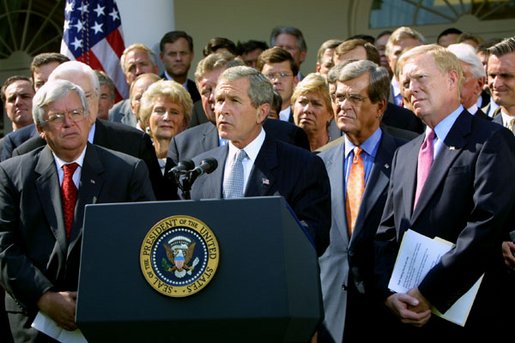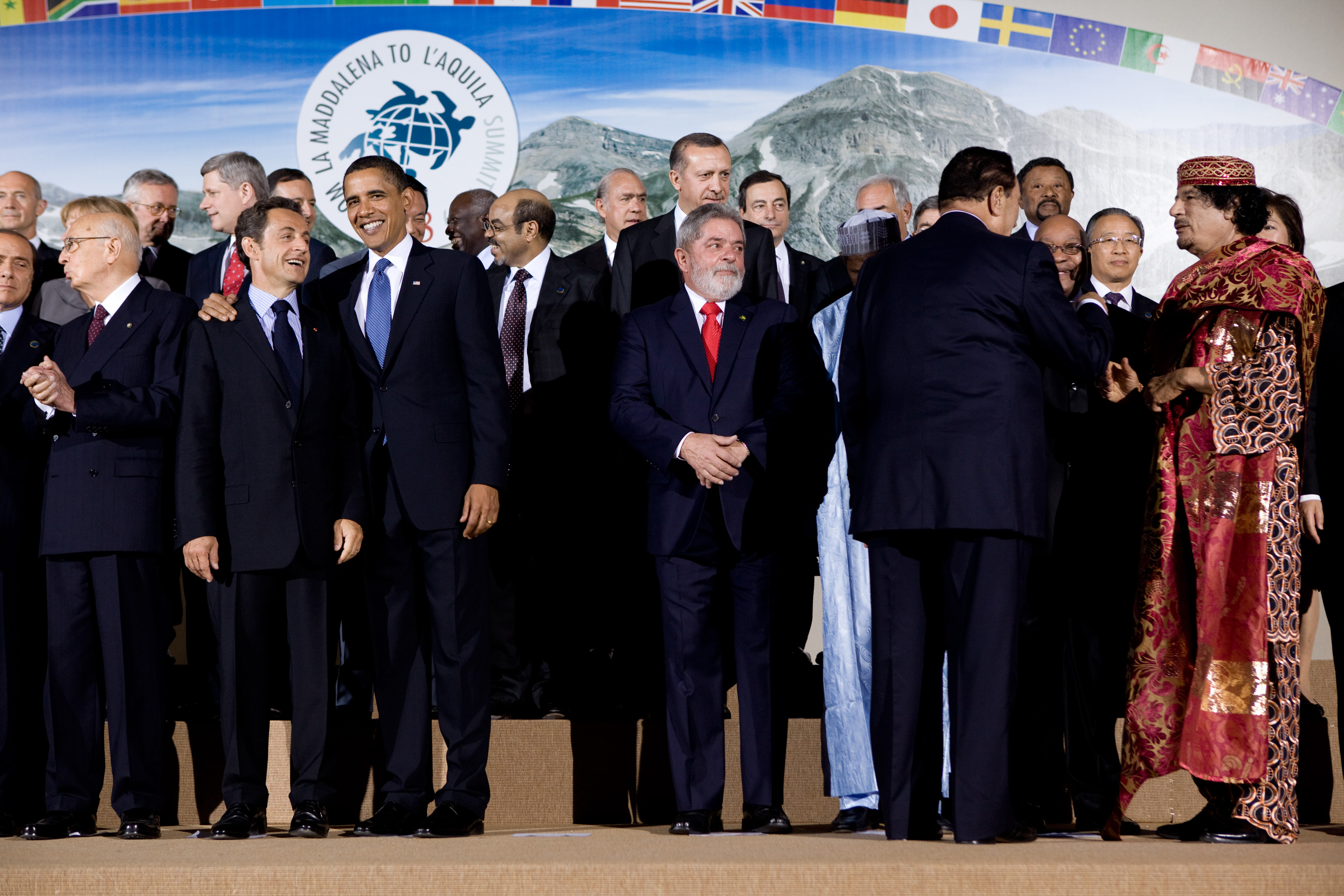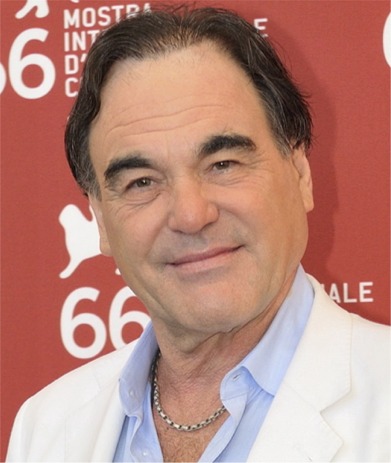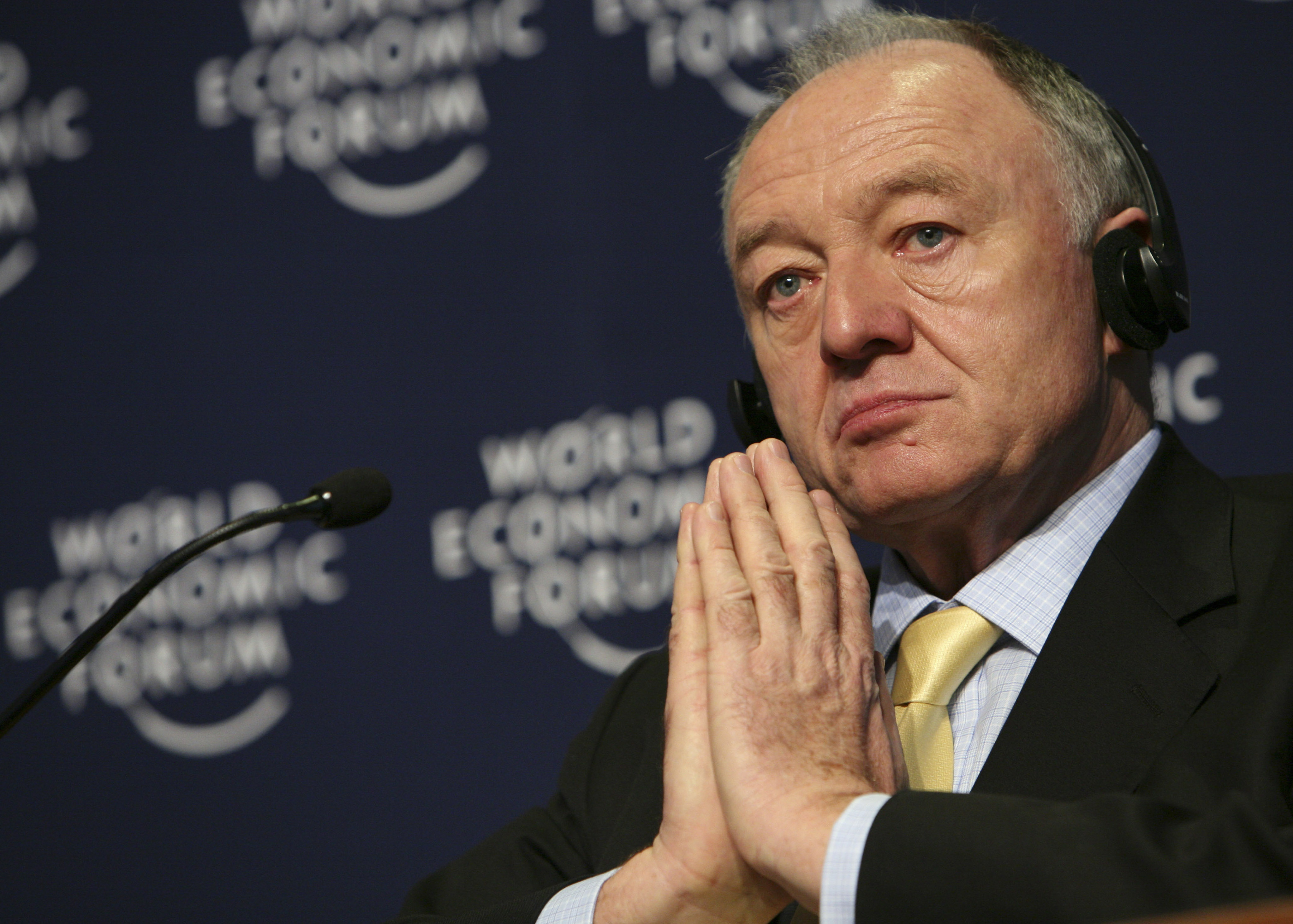Vladímir Fiódorovich Zayemski es el embajador de Rusia en Venezuela desde hace tiempo. Tiene 66 años. Hace unos días un periodista del períodico de asuntos comerciales Kommersant lo entrevistó sobre el tema de Venezuela y el hombre regurgitó la típica propaganda putinista. Pueden ver la entrevista en ruso aquí.
 |
| Este era Brezhnev, no el embajador actual de Rusia en Venezuela, pero hay que tener en cuenta que el embajador ya trabajaba en el servicio diplomático soviético en esos tiempos |
Entre otras cosas, dio la usual interpretación putinista-chavista de la Constitución de Venezuela y sobre las condiciones según las que Guaidó asumió la presidencia de nuestro país.
Dijo, en buen estilo soviético, que muchos medios de comunicación no habían mencionado que aparte de los miles de opositores que marcharon el 23 de enero también hubo "marchas masivas en apoyo de Nicolás Maduro en Caracas y otros sitios". Todos los que vivimos o tenemos familiares y amigos en Venezuela sabemos que eso es una vil mentira.
Zayemski aseguró al periodista que las inversiones rusas no corren peligro (es algo que se menciona con frecuencia en la prensa rusa, no las violaciones a los derechos humanos en nuestro país). Dijo que se seguía en la cooperación "en el campo petrolero, de armamento, agropecuario". También dijo que en el país vivían actualmente unos 800 rusos.
Uno tendría que preguntarse qué hacen tantos rusos allí.
- estudió en el Instituto Estatal de Relaciones Exteriores de Rusia en tiempos de Brezhnev
- fue empleado de la embajada de la Unión Soviética entre 1976 y 1979, en tiempos de CAP I y cuando aun mandaba Brezhnev en su país
- fue empleado del departamento para asuntos de América Latina del Ministerio de relaciones exteriores de la URSS
- fue segundo secretario de la embajada soviética en México (81-86)
- fue primer secretario en el Ministerio de Relaciones Exteriores,
- estuvo luego en EUA para encargarse de asuntos latinoamericanos y de la OEA
- fue mano derecha del ministro de relaciones exteriores Ivanov del 94 al 96
- Del 96 al 98 encabezó el departamento de Asuntos Internacionales del Ministerio de Relaciones Exteriores (sinceramente no sé qué hacen esos, parece un ministerio dentro de otro)
- Del 98 al 2002 estuvo en la representación rusa en Nueva York para Naciones Unidas
- Del 2002 al 2004 fue director del Departamento para América del Norte en el Ministerio de Relaciones Exteriores de Rusia
- Del 2004 al 2009 director del Departamento de Asuntos Internacionales en el Ministerio de Relaciones Exteriores
- y a partir de 2009 ha sido embajador de Putin en Venezuela, Haití y República Dominicana.
Hace años escribí ya sobre cómo los soviéticos entrenaban a los miembros del Partido Comunista venezolano, entre ellos de la familia chavista Faría, en métodos de terrorismo.
























